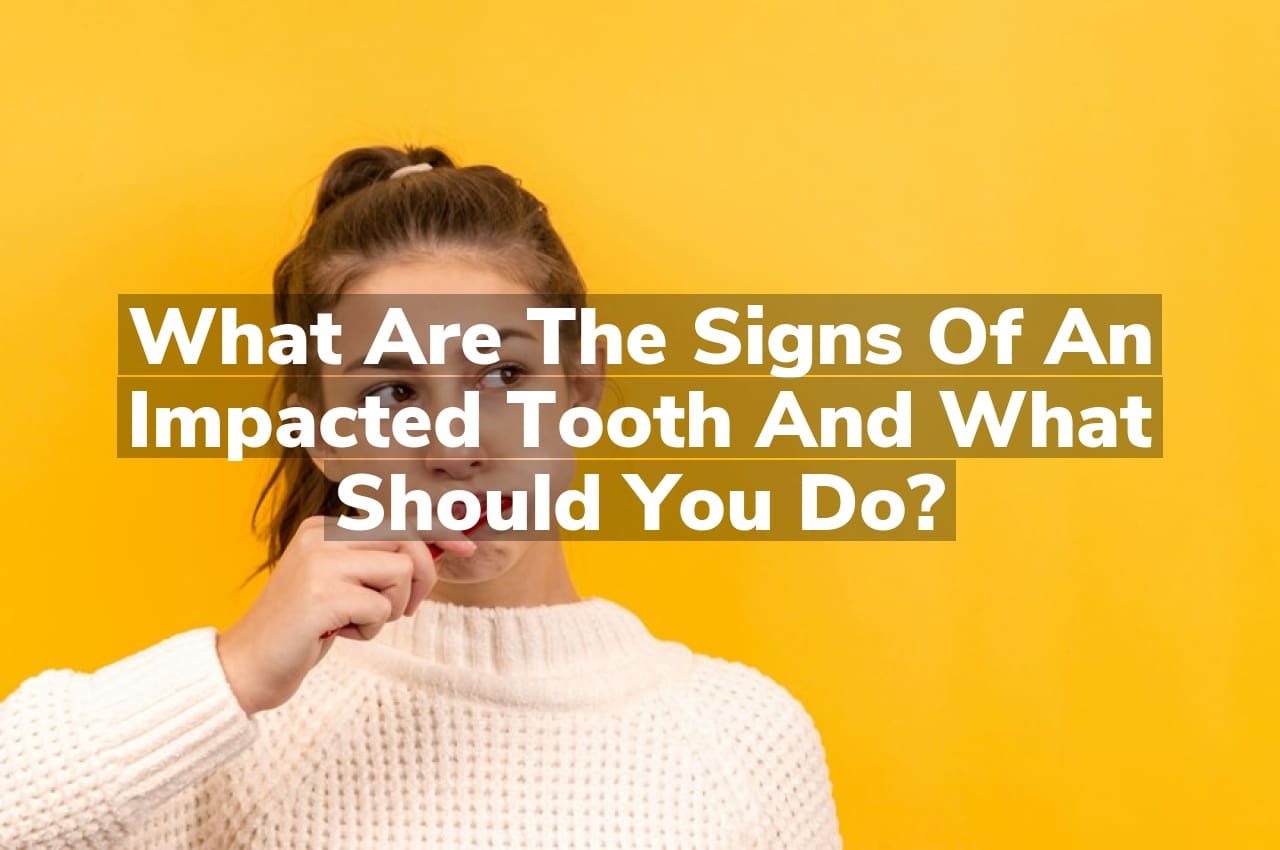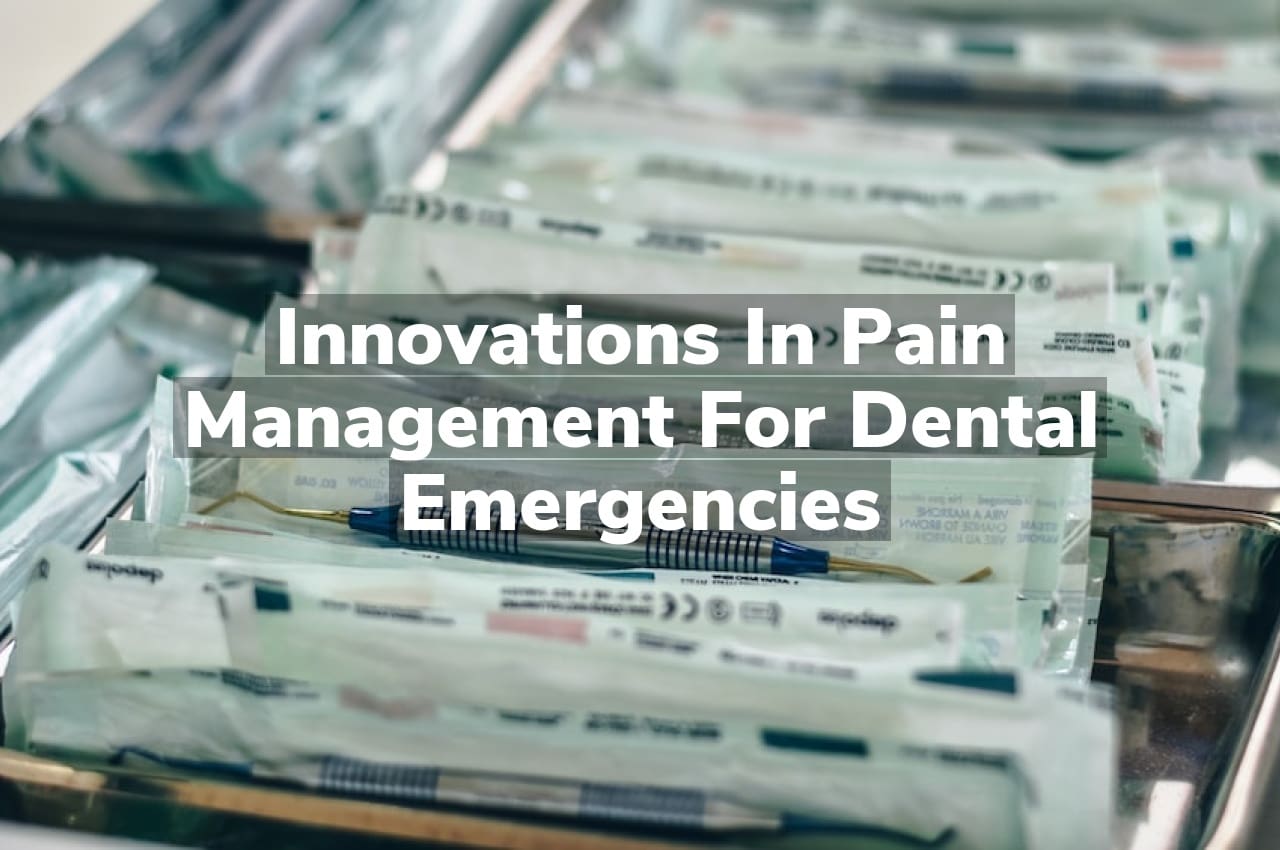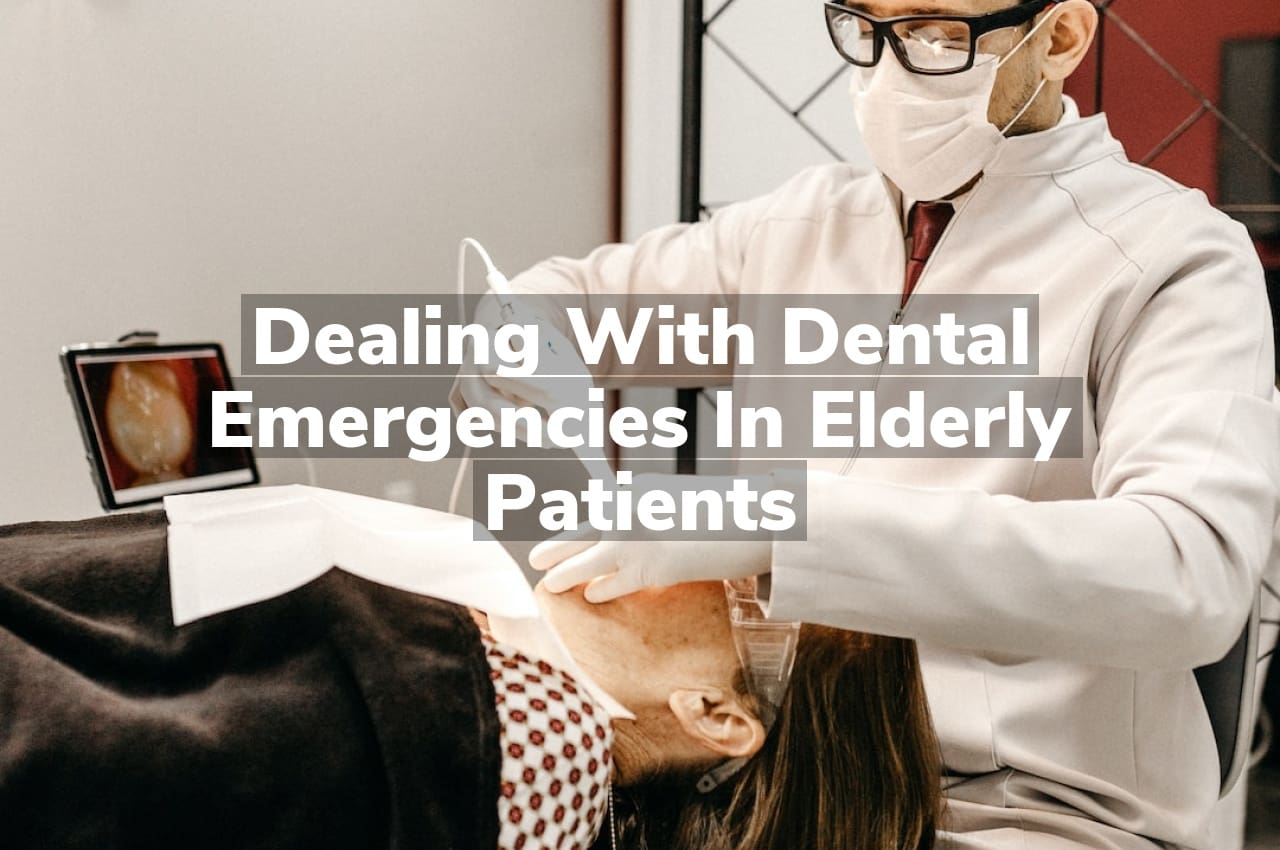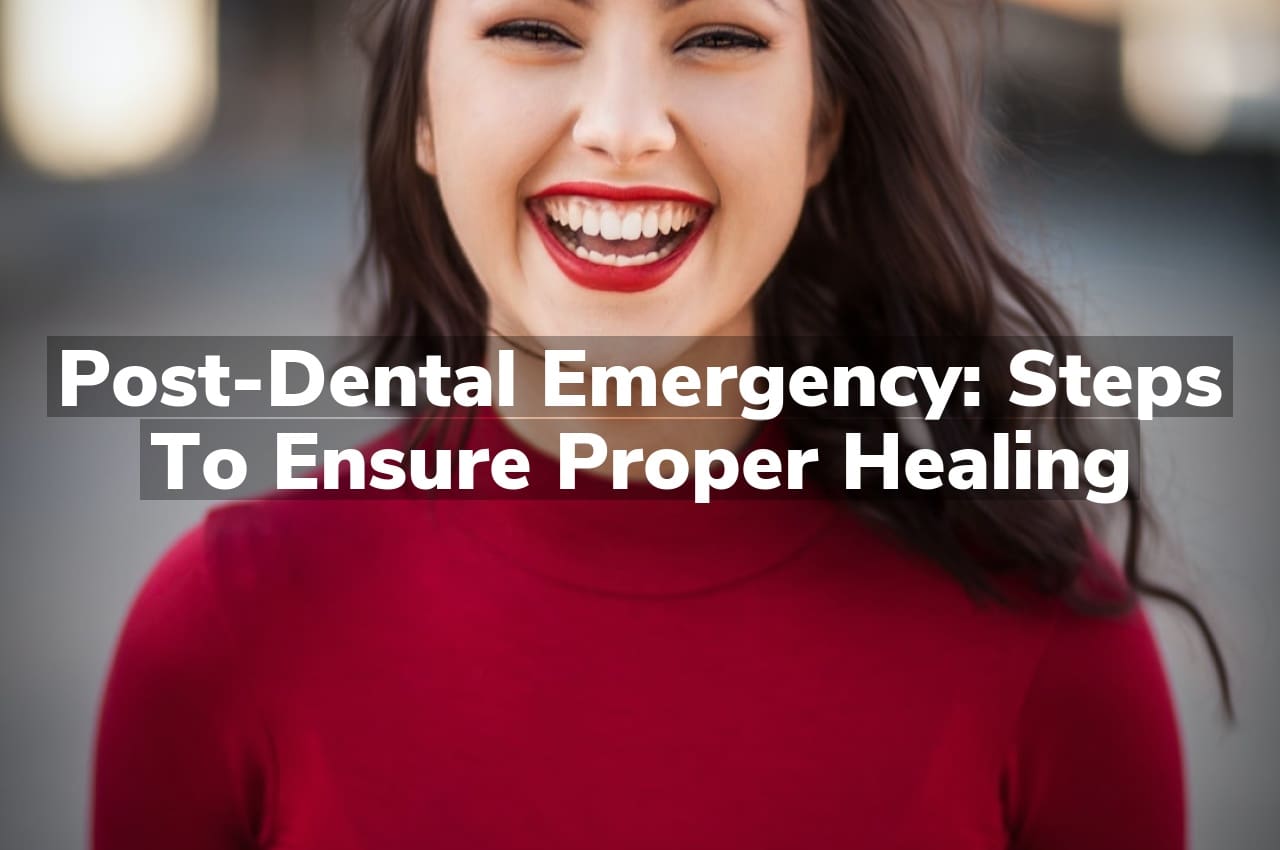Have you ever wondered what the most common mistakes people make during a dental emergency? Knowing the right steps to take during a dental emergency can help ensure you get the best possible care and outcome. At New Haven Dental Center Family & Cosmetic Dentistry, we can provide you with the information you need to know.
Not Identifying the Emergency
When faced with a dental emergency, many people don’t take the time to properly identify the issue and take the necessary steps to treat it. It’s important to be able to recognize the signs of a dental emergency so that you can take the appropriate action. For instance, if you have an impacted tooth, it is important to seek treatment from a professional dentist as soon as possible. Signs of an impacted tooth include severe pain, swelling, and difficulty chewing or speaking. For more information on the signs of an impacted tooth and what to do if you have one, What Are the Signs of an Impacted Tooth and What Should You Do?
Another mistake people make during a dental emergency is not seeking help from a professional dentist. It is important to be aware of the risks of self-diagnosing and self-treating a dental emergency. Without the proper tools and expertise, you could end up making the problem worse or causing yourself more pain. To ensure that your dental emergency is properly treated, it is best to visit a dentist as soon as possible.
Failing to Call a Dentist Immediately
During a dental emergency, it is easy to forget the most important step: contacting a dentist. While consulting with the internet or a family member may provide some relief, it is essential to call a dentist as soon as possible. Delaying a professional’s opinion can cause further damage to the teeth and gums, leading to a more complex and expensive procedure.
At New Haven Dental Center Family & Cosmetic Dentistry, we understand the urgency of dental emergencies and are available to provide quick and effective solutions. Whether it is a knocked-out tooth, an abscess, or a broken jaw, our team of experienced dentists can provide the best treatment options. We can also provide advice on how to minimize the risk of a dental emergency in the future.
Not Knowing What to Do for Pain Relief
When it comes to a dental emergency, the most common mistake people make is not knowing what to do for pain relief. If you’re experiencing a dental emergency, it’s important to seek medical attention as soon as possible. You may also want to take over-the-counter pain relievers such as ibuprofen or acetaminophen to help reduce the pain and swelling. If the pain is severe, you may need to see a dentist for a more powerful prescription medication. In addition, applying an ice pack to the affected area for 15 minutes at a time can help reduce pain and swelling.
Not Seeking Professional Care
One of the most common mistakes people make during a dental emergency is not seeking professional care. It is important to visit a dentist as soon as possible to prevent further complications. Delaying dental care can lead to more serious dental issues and even require more complicated treatments. Seeking professional care from a qualified dentist can help prevent further damage and provide the necessary treatment to ensure a quick recovery.
Ignoring Aftercare Instructions
When it comes to a dental emergency, it’s important to follow the aftercare instructions given to you by the dentist. Ignoring these instructions can lead to further damage to the affected area, as well as increased pain and discomfort. Make sure to take all prescribed medications and follow any other instructions given by the dentist, such as avoiding certain foods or drinks or using a special mouthwash. This will help ensure a full and speedy recovery.
Conclusion
If you find yourself in a dental emergency, contact New Haven Dental Center Family & Cosmetic Dentistry at 260-748-3696 or read reviews on Google Maps for more information.



